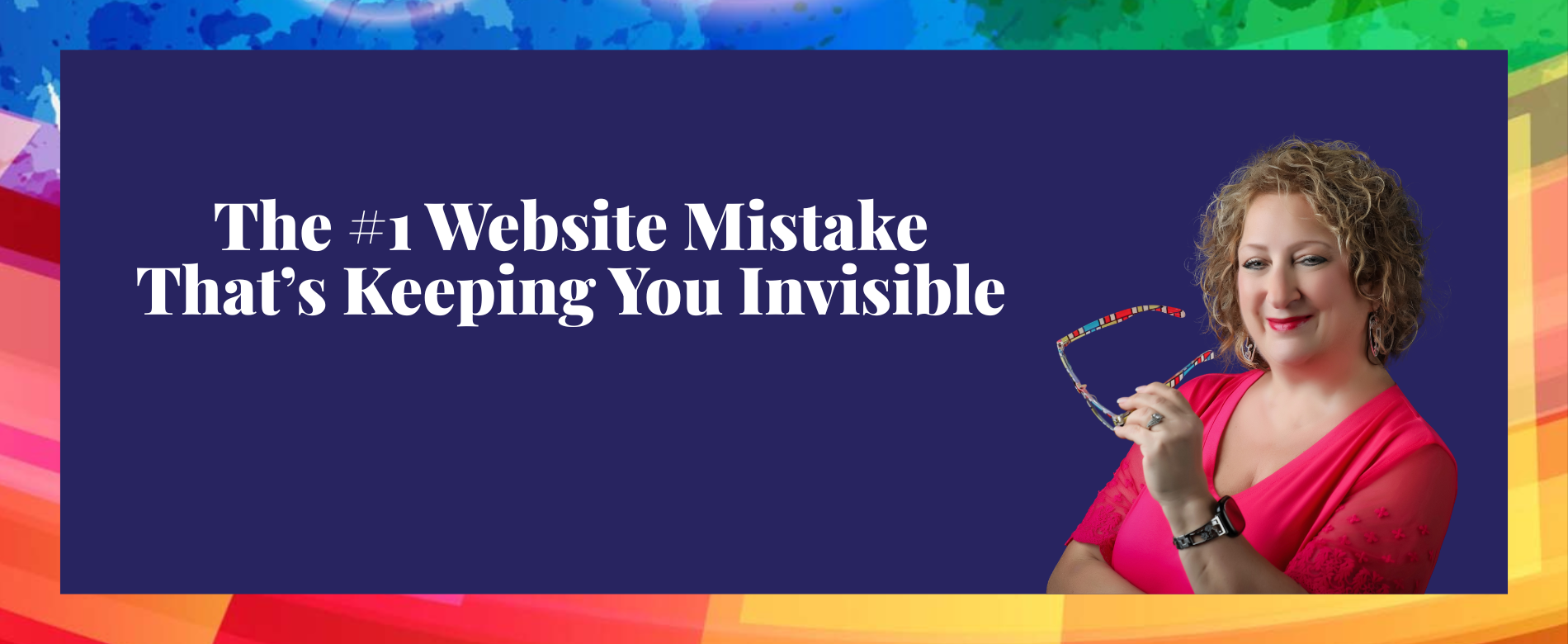5 Simple Ways Blogs Improve Your SEO
Learn why Google loves blogs and how they help you get ranked in more searches.

To blog or not to blog?
If you are debating the benefits of adding a blog to your website, I am here to help! And to share that for almost any website, blogs equal BIG benefits. Adding a blog to your site lets you show off your expertise while building trust and brand awareness.
But did you know blogs also benefit search engine optimization (SEO)?
In a study done by Hubspot, websites with blogs averaged 55% more visitors. Other research found that the addition of a blog can increase the chances of your website ranking higher in a Google search by a whopping 434%.
SEO can be overwhelming and rapidly changing. Don’t worry -- we won’t be cracking any complex algorithms or slapping a bunch of keywords on a page haphazardly (although keywords are important).
The reasons that blogs benefit SEO aren’t complicated. My top five ways that blogs help your SEO are listed below.
1. Blogs up your shareability.
Want to see more visitors on your site? A good blog can position you as a thought leader in your field.
Plus, the very nature of blogs as conversational and focused on relevant topics make them easy for people to connect with. That translates to shareability. Having guest bloggers with influence in your field can also draw visitors and increase the shares on a post.
Blogs are often evergreen content that can be shared at any time on social media. And 80% of people who use the internet say they spend time on both social media sites and blogs.
Your followers have an interest in your business, and if your blog is well done and captures attention, it will get shared.
Google likes popular content. The more reach your blog has, the higher you will be ranked in search results.
2. Blogs keep visitors on your site longer.
Blogs are good at holding attention. If someone is asking Google for “unique ways to celebrate birthdays” or “best skin treatments,” they are interested in learning about those subjects.
If you have relevant, valuable content that answers their questions, visitors are likely to stay clicking around your site for a while. This is another measurement that Google tracks and it will boost your SEO.
3. Blogs show Google that you have an active company.
The content on your homepage or landing pages probably won’t change frequently. And that’s OK.
But how does Google know that your website is up-to-date and your company hasn’t gone out of business? One way is by looking for fresh content.
When you have a blog, you should be serving up new content on a regular basis. When Google indexes your site, it will find you have a responsive, active business and that helps your SEO ranking.
4. Blogs showcase keywords.
I mentioned that keywords are important. Even with the complexity of SEO, they still play an important role in helping people find your website.
By having a variety of blog posts on your site, you have the opportunity to show up in more searches.
You can also focus entire blog posts around specific, diverse keywords that are relevant to your target audience and what they are searching for. With more content, you will have more potential paths that lead to your website.
Google favors websites that are robust with pages of relevant content.
Experiment with some new keywords by exploring industry trends or the hot topic of the moment without having to completely overhaul your site.
5. Blogs allow you to build links.
When you create valuable content, it will get linked on other sites and in other blogs. If those sites are popular and already recognized by Google, having that backlink on their page helps your SEO.
Each backlink is like having a referral that links directly to your content.
The more backlinks you have, the more Google recognizes you as an authority on that topic. Companies who blog are linked 97% more times than those who don’t.
As you build your blog, you can also add internal backlinks to indicate to readers that you have related content.
To get organic backlinks, create content that users of other sites value and want to share with others. While this can take time to develop, it will have an impact on your SEO.
Takeaways
Clearly blogs can benefit your website’s SEO. But keep in mind, not all blogs are created equal.
These benefits will be most noticeable when your blog is search engine optimized, relevant, well-researched and you post content regularly. If you are already juggling a full schedule, you may not have the time or energy to learn how to optimize a blog or to write consistently.
Bolstering businesses and non-profits through exceptional websites is truly what we do.
My team and I can work with you to establish and expand your online presence by building your website and optimizing your SEO, ultimately driving people to your website and your organization!
Go to BizBolster’s SEO services to schedule your free SEO audit now.
Resources
https://www.ryrob.com/blogging-statistics/
https://blog.hubspot.com/marketing/business-blogging-in-2015



BizBolster Web Solutions, LLC, Yulee, FL - All Rights Reserved


